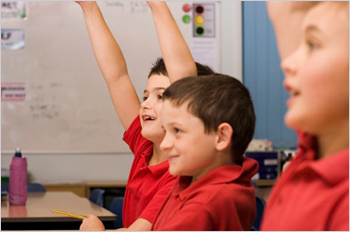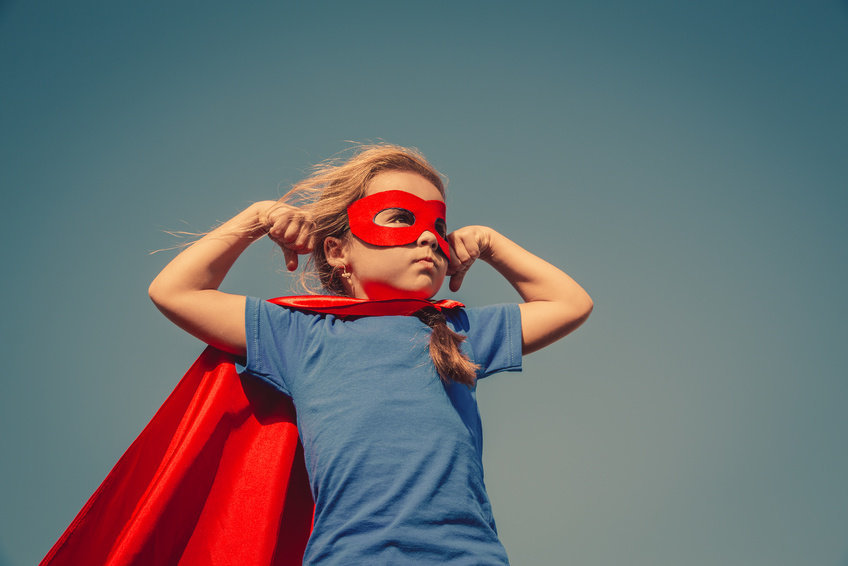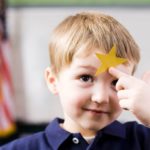
We all have our heroes. As a special education teacher, I am a huge fan of Stanford Professor Carol Dweck’s “Growth Mindset” research. Her research outcomes support the idea that true learning mastery comes from student effort.
According to Professor Dweck…
“A growth mindset,… attributes success to learning. Therefore, the individual is not terrified of failure, because it only signals the need to pay attention, invest effort, apply time to practice, and master the new learning opportunity. They are confident that after such effort they will be able to learn the skill or knowledge, and then to improve their performance.Messages to children can influence the development of mindset. If parents or teachers constantly seem to attribute success to inborn or innate abilities, children will come to develop a fixed mindset (“Johnny failed the math test because he is low on math ability”). Praise of a child’s performance can be particularly likely to produce a fixed mindset when it attributes the success to the child’s intelligence (implying aptitude or fixed traits). However, if parents or teachers attribute success to effort and practice, children will be more likely to developed a growth mindset (“Johnny failed the math test because he did not do his homework, but he will pass the next one because I will make sure he puts in the time and practices”). Praise of a child’s efforts to practice, or attributions of success that reference the prior practice in which the child engaged, can spur the child to develop a growth mindset.”

“We like to think of our champions and idols as superheroes who were born different from us. We don’t like to think of them as relatively ordinary people who made themselves extraordinary.” ― Carol S. Dweck, Mindset: The New Psychology of SuccessThree cheers to Professor Dweck! After all, realizing that we made a mistake is when the learning really begins. My previous upper grade teaching team in the Cupertino Union School District celebrated student mistakes as, “marvelous mistakes.” Students learned to be more comfortable in taking learning risks and more proactive in taking personal responsibility for their own learning. In my mind, every learner who attempts the most challenging learning tasks is a super hero!
All the best,
Diana




